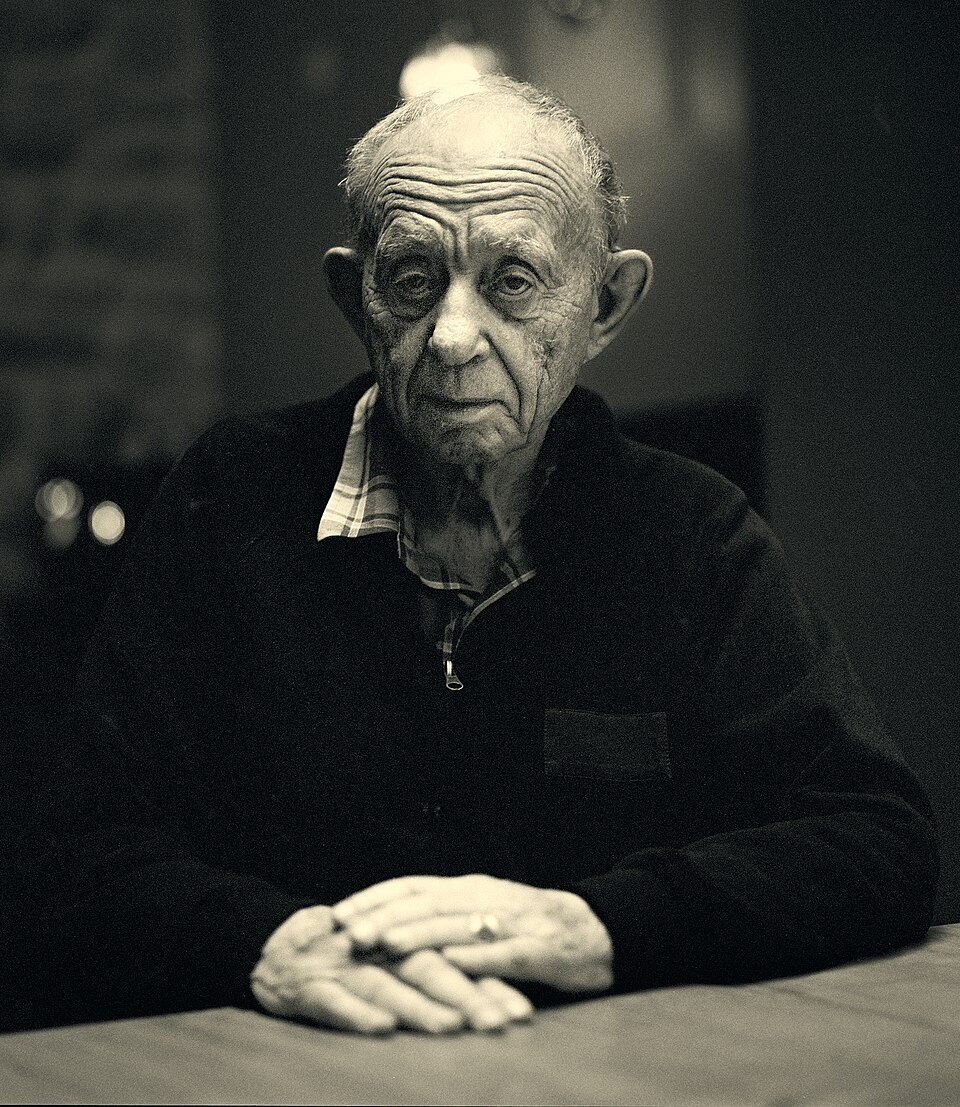On Returning to a Quiet Life (with Virginia Woolf’s Help)
June 26, 2023

I am back from a glorious week in New York, and the dog is throwing up. I need to do a boatload of laundry, make pesto before the basil bolts, type up three fat notebooks scribbled during the trip, pick up library books, grocery shop, and make a colonoscopy appointment. My husband hears me sigh.
“Mommy doesn’t want to be here,” he informs the dog. “Mommy wants to live in New York.”
Stung, I rush to deny it, but he has just heard me bubbling over about all that energy and creativity and excitement and how I love the subway and buying ice cream from a woman from Ecuador and talking to the Ghanian taxi driver and seeing amazing art and theatre and listening to jazz and walking all over Manhattan, something interesting to see with every step. The streets in sweet little Waterloo look so empty. The domestic routine that used to calm me feels, if I am honest, a wee bit flat.
Adrenaline withdrawal resembles a lurking flu bug; I am exhausted, overwhelmed by a to-do list that promises zero excitement with completion. I do love my life here (I repeat to myself), but the trip was charmed—a stay in the clean, elegant apartment of a friend’s friend, with Lincoln Center as our backyard. Adventures of all sorts. Temps in the seventies and one glorious thunderstorm. Caution thrown to the winds—$20 smoked cocktails and $200 Broadway tickets and $7 ice cream cones from food trucks and who cared, because it was New York, and this was my first trip there in thirty years and, who knows, could be my last. And no, I do not want to move there. Too expensive. Too—no, I must be honest. Not too chaotic. I loved feeling thrust into all that…life. So many dreams, so much struggle, more kindness than anyone ever credits.
By and large, people who live in New York are there because they want to be. I live in the Midwest by default. I grew up here, can afford it here, am surrounded by people I love. But St. Louis was never a dream. And I am in awe of anyone with the guts to follow their dream, especially when it means insisting on art without security. The guy who took my ticket at the jazz club was an aspiring pianist and drummer. A young woman hanging onto a subway pole was talking about reading someone’s manuscript. When I stumbled onto the famous Little Church Around the Corner just before morning prayer and decided to stay, the man I sat next to was a poet. Even the old guy dancing a tango with a skeleton at the Grand Central subway stop showed flair.
Surely it is easier to be creative in a city that makes room for artists of all sorts? A city where ideas fly, your senses are constantly stimulated, you are constantly meeting intriguing people, and the conversation sparkles?
I shrug, clean up the dog vomit, and settle down to a hundred emails. One takes me to a Paris Review piece, “Virginia Woolf’s Forgotten Diary.” The Common Reader honors Woolf with its very name, so I let myself pause and read the essay slowly. At the start of this forgotten diary, I learn, she was staying at her country home in rural Sussex, with “men mending the wall & roof” of the house. The gardener had “dug up the bed in front, leaving only one dahlia.” There were “bees in attic chimney.” She went on, day by day, writing about the weather, errands to fetch milk, the number of mushrooms she found on her walks, the butterflies she spotted as they fed on dung. She listed the household linen in need of laundering.
All the diary needs is a little dog vomit, and I would feel right at home. The lesson is spookily apt: writing is about seeing, hearing, feeling. And rural mushrooms are as fair a subject as the most bizarre antics Manhattan can summon. Why is that so easy to forget? Because mushrooms do not dazzle. Manhattan rushes up and hugs you or slaps you upside the head. Mushrooms require some time and quiet focus; you have to give something of yourself first. Only then can you receive a little insight or beauty in return.
Love it or hate it, the heat and throb of city life draws instant attention. “In the writing about Woolf’s life, the wartime summers at Asheham tend to be disregarded. They are quickly overtaken by her time in London,” notes Harriet Baker, whose book Rural Hours: The Country Lives of Virginia Woolf, Sylvia Townsend Warner and Rosamond Lehmann comes out next spring. Woolf herself later referred to this cast-aside diary as “draining off” her meticulous observations of trifles, and by its end even she was writing glumly that there was “nothing new,” “nothing to notice.”
Yet Baker opened the covers of that forgotten diary—published this summer for the first time, by Granta—and realized that its episodic jottings formed an “underpainting” for Woolf’s stunning later work, giving her a naturalist’s eye, a language “scraped clean,” a storehouse of metaphors, and a demonstration of the “moments of being”—conscious glimpses of pure reality—that she would later capture in more lyrical prose.
The magic of New York is that it lets you dip into other people’s energy. All that creativity buoys you, carrying you along on its swells. You will never again forget, when you return to your own quiet life, how big the world is.
But the trick of attention is to summon it with your own energy.
Read more by Jeannette Cooperman here.






